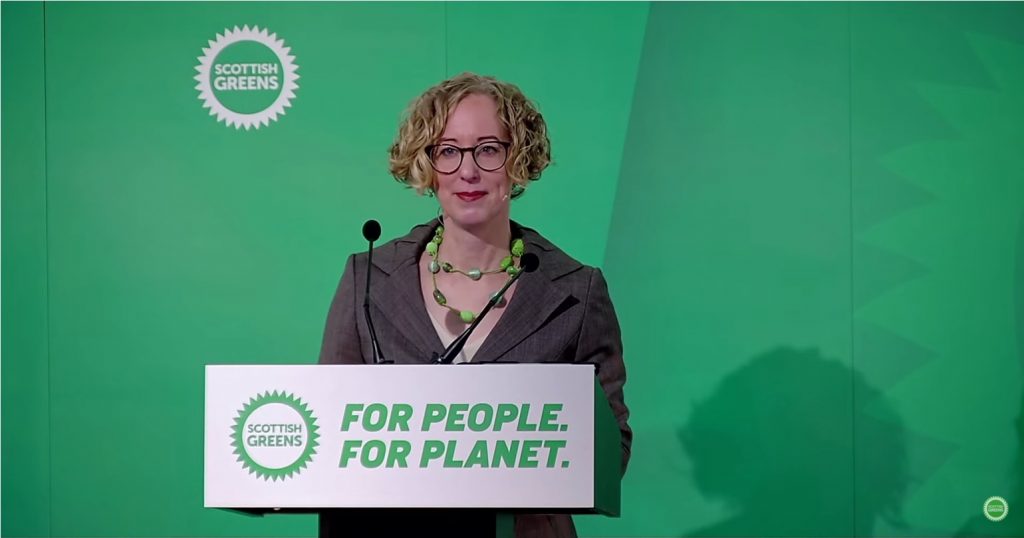How investing in communities can be a vehicle for progressive change

Do you feel like you live in a good community, where people make sacrifices for each others benefit, and there is a collective sense of solidarity?
Humans are naturally social animals, and we function best as a group, with each individual sacrificing some of their self-sufficiency, taking up a specific role in the labours of modern of society, and relying to some extent on the rest of the community for their survival and prosperity.
Humans form communities naturally, but we do not necessarily form strong ones. There are more people living in Britain today than their have ever been, and many of us live in densely populated urban areas, literally surrounded by millions of people. But at the same time surveys routinely highlight Britain as being one of the loneliest countries in Europe, ‘with its inhabitants less likely overall to know their neighbours or have strong friendships than people anywhere else in the EU’ [1]
Britain is evidently then having some problem with forming strong communities, but it is not simply feelings of loneliness that result from this. Strong communities are ones in which people look out for each other, have higher levels of mental health, better physical health, are more productive and more resilient. Strong communities can thus be said to be vital for our quality of life, and to human flourishing.
With strong communities being so vital, politicians and citizens groups should take seriously the task of improving them. Politicians have long indicated their support for community, but for most it has simply been another bit of their party rhetoric. Few have laid out serious plans, or identified the reasons for the decline of community, in Britain or in the wider world. Indeed there has been a significant decline in communities across the western world, due to the advent of rapid transit in the 20th century. Before rapid transit was commercially affordable to the masses, fewer people in Britain travelled far in their lifetime. People tended to live near their parents, and their grandparents. This meant larger family groups, and much more continuity in the community; establishing a relationship with a stranger takes time; it is much easier if both of your families has lived in the area a long time, and a member of your family is friends with one of theirs. Now in the 21st century we have much more disparate families, and there is much less continuity in our towns and cities. There has been a rise in internet communities, but these can not replace strong local communities.
The consequences of this shift are rarely mentioned in politics. To rebuild what we once had requires decisive action from politicians. Part of that needs to be a cultural shift. Since Thatcher, and the failure of the labour party in the 1970s, Britain has have developed a more individualistic culture. People have less faith in humanity, supporting the weak is less prioritised, people are encouraged to strive for individual gain, and leave the market to control behaviour of the common good. Progressive politicians need to challenge these myths, and foster a more egalitarian society. In their book ‘The Spirit Level’ Kate Pickett highlights the connection between general levels of trust in society and inequality. [2] More unequal societies tend to see material wealth as more of a sign of someone’s value in society, there is more status competition, more disdain for the poor, and strangers are more likely to be seen a potential rival rather than an ally. Building a more equal society should thus be seen as a step towards building a more communal society.
Beyond culture, politicians also need to think about the economics behind communities. Strong communities require their members to have many strong relationships, which takes time. Time is often in short supply for people working 9-5 full time jobs. As we develop new technologies that enable greater labour productivity, progressive politicians should be championing a shorter working week, to give people more leisure time to socialise and build connections with people. Politicians also need to champion community as a vital part of the economy, and social life. The practice of community building has emerged in the last few decades, and comes with a wide range of practices and techniques for developing stronger communities. Until now community builders have largely been volunteers, but with government support and financial reform community building could be promoted as a valuable career choice, and we could see thousands of people across Britain take it up as their professions, dedicating their worklife to building stronger british communities.
With these policies, we should see Britain developing stronger communities, and a great improvement of public life in across the country. But communities are more than just positive fixture, to be built and enjoyed – communities are also a vital tool in the battlefield of political economy. Strong communities shield their members from harm, and stand up against oppressors. The working class communities of Britain have been the driver of social change for most of our history. Rebuilding our communities is vital to restore grassroots power in Britain, and revitalise the left.
Rebuilding our communities is the first step – beyond that we must develop the capabilities of our communities to fight for change. Austerity has pushed many of our citizens into poverty, making it impossible for them to take time out of their work for organising, strikes and political resistance. Strong communities can create their own safety nets, to catch those abandoned by our Conservative government. Community gardens can provide free food, occupations can provide shelter for the homeless, rentiers unions and trade unions can demand better wages and lower rents. Strong communities can take over their local councils, introduce participatory budgets, progressive purchasing and cooperative funds, to democratise their local economy.
With government support networks of strong communities can also serve as a tool for reshaping the national economy. As communities become stronger, and demand more from business, government can help by institutionalising the voice of communities, and giving them direct power within the political system. The Labour Party in Britain is considering various mechanisms for worker democracy, and much the same can be done for Consumer Democracy [3]. Markets remain a useful mechanism for consumers to voice their desires, but they are very limited, whereas consumer democracy provides another vital avenue for citizens to hold businesses to account, and demand a more just and sustainable economy.
Communities are thus vital to our health, happiness, and the progressive advance of society. We should not let politicians woo us with more cheap rhetoric about communities, but demand real investment and decisive action. For the future of our society depends on it.
References:
[1] https://www.telegraph.co.uk/lifestyle/wellbeing/10909524/Britain-the-loneliness-capital-of-Europe.html
[2]https://www.amazon.co.uk/Spirit-Level-Societies-Almost-Always/dp/1846140390
[3] https://newsocialist.org.uk/labours-alternative-models-of-ownership-report/




Leave a Reply